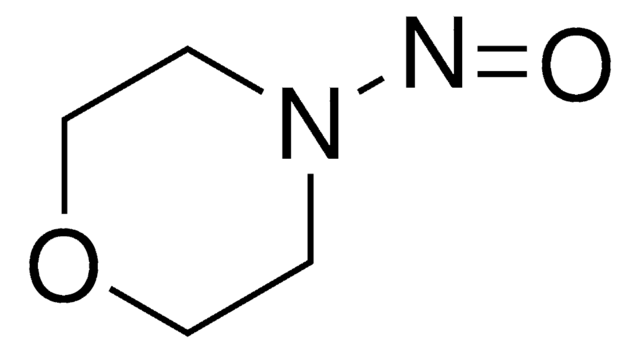T5625
(±)-α-Lipoic acid
synthetic, ≥99% (titration), powder
Synonym(s):
(±)-1,2-Dithiolane-3-pentanoic acid, 6,8-Dithiooctanoic acid, DL-α-Lipoic acid, DL-6,8-Thioctic acid, Lip(S2)
About This Item
Recommended Products
biological source
synthetic
Quality Level
description
Oxidized form
Assay
≥99% (titration)
form
powder
solubility
ethanol: soluble 50 mg/mL
SMILES string
OC(=O)CCCCC1CCSS1
InChI
1S/C8H14O2S2/c9-8(10)4-2-1-3-7-5-6-11-12-7/h7H,1-6H2,(H,9,10)
InChI key
AGBQKNBQESQNJD-UHFFFAOYSA-N
Gene Information
human ... ACHE(43) , BCHE(590)
rat ... Adra1a(29412) , Adra1b(24173) , Adra1d(29413)
Looking for similar products? Visit Product Comparison Guide
Application
Biochem/physiol Actions
Preparation Note
Signal Word
Warning
Hazard Statements
Precautionary Statements
Hazard Classifications
Acute Tox. 4 Oral - Aquatic Chronic 2 - Eye Irrit. 2 - Skin Irrit. 2 - Skin Sens. 1
Storage Class Code
11 - Combustible Solids
WGK
WGK 2
Flash Point(F)
Not applicable
Flash Point(C)
Not applicable
Personal Protective Equipment
Certificates of Analysis (COA)
Search for Certificates of Analysis (COA) by entering the products Lot/Batch Number. Lot and Batch Numbers can be found on a product’s label following the words ‘Lot’ or ‘Batch’.
Already Own This Product?
Find documentation for the products that you have recently purchased in the Document Library.
Customers Also Viewed
Articles
DISCOVER Bioactive Small Molecules for Nitric Oxide & Cell Stress Research
Antioxidants protect biological systems from oxidative damage produced by oxygen-containing free radicals and from redoxactive transition metal ions such as iron, copper, and cadmium.
Our team of scientists has experience in all areas of research including Life Science, Material Science, Chemical Synthesis, Chromatography, Analytical and many others.
Contact Technical Service










